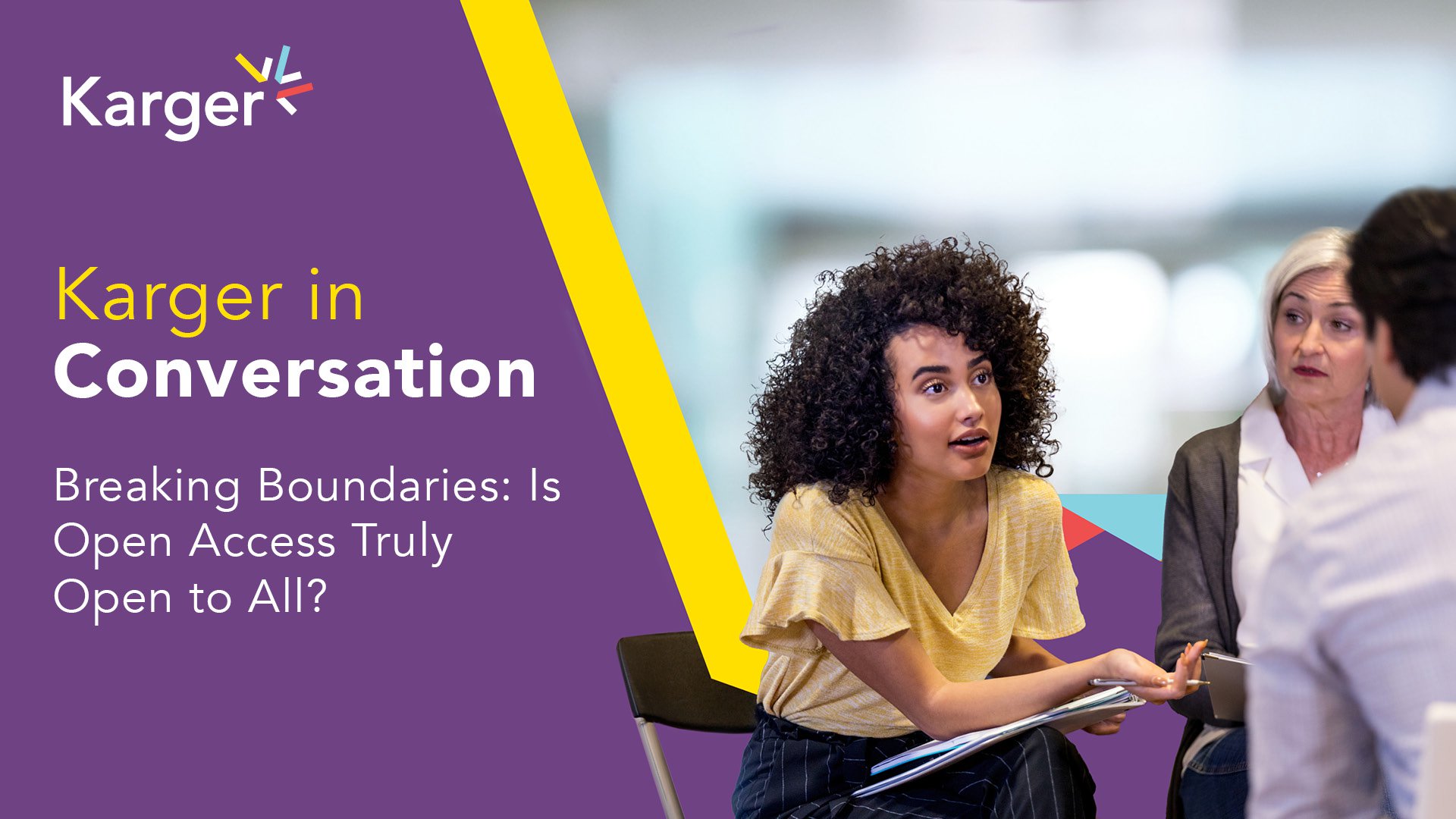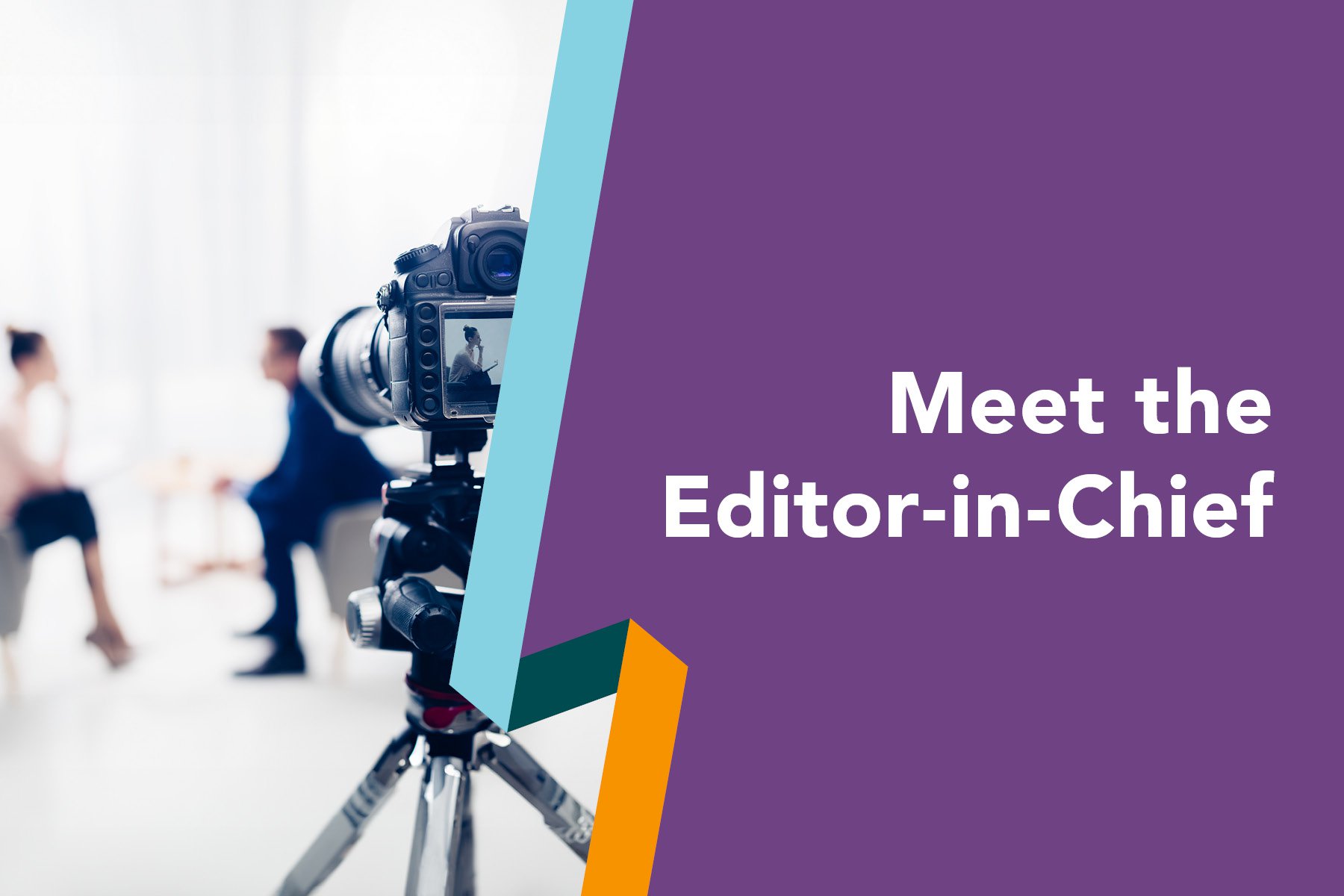From a funders perspective on Open Access to the potential of AI in science communication – Dr. Beth Montague-Hellen, Head of Library & Information Services at The Francis Crick Institute, and Dr. Sarah Wettstadt, a science communication expert and Co-Founder of the SciComm Society, shared their thoughts on the accessibility of science. As a continuation of the Karger in Conversation (KIC) discussion, the answers provide an overview of the trends and innovations that are redefining scientific communication.
Funders played a pivotal role in the KIC conversation as key players in financing research and setting mandates that researchers must adhere to. With recent developments, such as the Gates Foundation’s green policy, which appears to be influencing the trajectory of Open Access in the U.S., it was only natural that one of the questions would focus on their perception of open access.
When addressing how funders view the quality of open access versus paywalled journals and the ethical concerns in translating research for public consumption, especially in health sciences, Dr. Beth Montague-Hellen provided some insightful responses.
She highlighted the shifting landscape of open access and its reception among funders, noting that from her experience, funders typically do not discriminate between open access and paywalled journals based on quality, recognizing excellence in both. Instead, their focus is on content accessibility: “funders want research to have a wide reach”. They are keen on ensuring that research reaches not only academic circles but also allied professionals and the interested public. Whether through Gold or Diamond OA models or traditional subscription journals that offer public repository access, the goal is to broaden the reach of research.
Maintaining Quality Standards in Research
She also addressed concerns about ethics and integrity in research translation and dissemination, particularly in open access contexts. She emphasized the collective responsibility of researchers, institutions, and publishers in maintaining quality standards: “Researchers need to be aware of issues and of best practices and institutions should be providing training, but also hiring experts who can investigate any breaches. Publishers also need to step up here, it is their reputation as well as the researchers on the line when something goes wrong, so it is in their best interests.”
Discussing the integration of Open Science features like data and protocols, Dr. Montague-Hellen, a self-proclaimed “big advocate for ensuring that the whole research landscape is as open as we can make it,” admits that making data open is important, however depending on the subject area, the data might or might not be of interest to stakeholders outside of the research circle. On the subject of who should be in charge of this cumbersome task, she is in favor of a holistic approach, however difficult it may be, noting that “Funders often put policies in place asking for a holistically open environment, but unless publishers and institutions are helping to facilitate this it can be a really hard task for researchers” who very often are not aware of services put in place by their own institutions and librarians.
AI and Evolving Research Communication
Dr. Sarah Wettstadt offered her vision on how research communication might evolve with the integration of digital natives into the field. She sees social media as a vital tool for educational purposes, suggesting that researchers, universities, and publishers should leverage formats like “media, videos, and short clips to distribute research in short bite-sized formats”.
She also highlighted the need for training in creative science communication, helping researchers to comfortably engage with broader audiences through interviews, podcasts, and other media. Dr. Wettstadt believes that AI has a significant role to play in making scientific content more accessible by breaking down complex jargon and explaining concepts to non-specialist audiences.
Adding to this perspective, Dr. Montague-Hellen shared her enthusiasm for the potential of AI in science communication, noting that people are already using generative AI tools like ChatGPT to find and synthesize information in a way that is similar to using Google Scholar or Wikipedia. These are all “tools that many in the information sector will fight against, but which will be used by students, researchers and the public anyway.” Dr. Montague-Hellen is particularly excited about using AI to create user-friendly abstracts, collate resources, and translate research, thus democratizing access to scientific knowledge: “I think translation is a big area where we could be using AI to level the playing field – in the future rather than publishing being dominated by English we could create a landscape where people could both read and write in their native language”. This aligns well with Dr. Wettstadt’s vision of using AI to simplify scientific communication and make it more universally accessible.
The Next Steps in Open Access and Science Communication
The “Karger in Conversation” Breaking Boundaries – Is Open Access Truly Open to All? panel illustrated the dynamic interplay among open access, ethical considerations, AI technology, and evolving communication strategies in the dissemination of scientific research and made clear that wider access won’t be achieved passively. It will take funding, focus and a collective effort, but it is a critical goal in the future research landscape.
If you are interested in learning more about how science communication services can enhance the impact of your personal or institutional research, whether you are a researcher or part of an open access team or library, please visit our dedicated page on Outreach Services.
Key Take Aways
- Funders focus on broad research accessibility, not discriminating between open access and paywalled journals. Researchers, institutions, and publishers share a collective responsibility to maintain quality standards and ethical practices in research dissemination.
- There is a need for training in creative science communication to engage with broader audiences.
- AI and social media crucial for modernizing research communication and simplifying scientific content. Achieving wider access and effective communication in research needs a collaborative, technology-driven effort.






Comments
Share your opinion with us and leave a comment below!